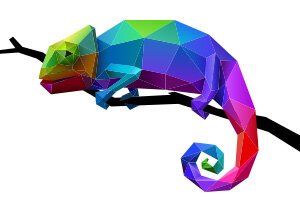READ STORIES THAT MATTER
Ibbaka Skill & Talent Blog
Design research - How do people approach the design of skill and competency models?
Skill and competency models are designed. As with anything that is designed, there are different ways to approach this. Ibbaka is committed to supporting the diversity of approaches to designing and applying skill and competency models.
Being yourself
Finding your talent or your element is the key to success, and understanding your skills makes it possible. Ibbaka Talent will help to unlock your true potential.
The cost of social norms
While social norms definitely apply to peer-rating, manager-rating may rely more on market norms and, if so, how can the Ibbaka Talent platform prevent both norms from crossing each other. Social norms and market norms do not always mix well.
Roles before jobs - towards the future of work
Once upon a time, work was organized in terms of jobs and the job architecture governed the organization. This model is failing. Careers today are woven together from a series of overlapping roles, braided together into a stream of continued learning and development. It is how we perform our multiple roles that drives performance.
On the design of skill surveys
Surveys are a dubious way to assess skills. They are not even adequate to surveying skills. But they do play a role in skill management. So the design of skill surveys is an important skill in itself for a company like Ibbaka. Here share our thoughts on best practices.
TeamFit becomes Ibbaka Talent
TeamFit and Ibbaka have combined to offer a new category of solution. Ibbaka Talent (formerly TeamFit) and Ibbaka Market (market segmentation, customer targeting, pricing) are designed to work together to connect insights into economic, emotional and community value with the skills needed to deliver that value across the customer journey. The result is sustainable growth.













